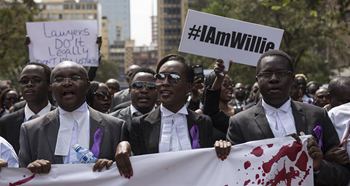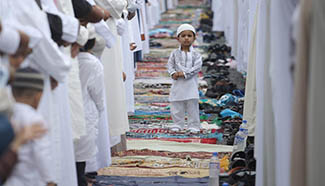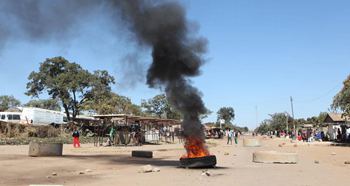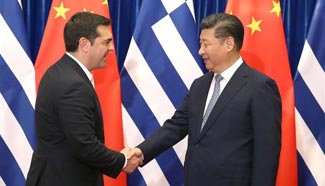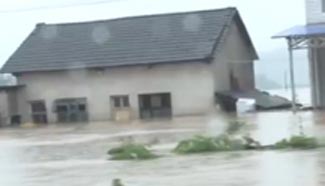CANBERRA, July 7 (Xinhua) -- Australia's Foreign Minister Julie Bishop Thursday defended the government's choice to enter the 2003 Iraq War, following the release of the damning Chilcot Report which was critical of the coalition decision to invade the Middle Eastern nation.
The Chilcot Report, a seven-year British inquiry into the 2003 invasion of Iraq, found the legal justification for the war was inadequate, the allied intelligence was at times flawed, and the threat to Western society posed by Saddam Hussein was exaggerated.
Bishop said the government took responsibility for the decision to involve itself in the war, but told the Seven Network that, at the time, intelligence suggested intervening in Iraq was the right decision.
"Well it was based on information, the best information at the time. I was in the partyroom. I recall the information that was presented to us," Bishop told Seven on Thursday.
"It was the best information that was available and we took a decision at the time."
Bishop said the government would not be apologizing for the decision which cost the lives of two Australian soldiers and more than 150,000 Iraqis, and added that any apology would have to come from then-Prime Minister John Howard.
The foreign minister also said the decision - later in the war - to maintain a presence in Iraq was purely "bipartisan."
"(Apologizing) is a matter for John Howard, but the Australian government, both Labor and Liberal, the Australian Parliament would take responsibility," Bishop said.
However, a diplomatic cable sent by the British Embassy in Canberra to the Foreign and Commonwealth Office in 2003 has revealed the views held by the Australian parliament at the time.
The Labor leader at the time before the invasion, Simon Crean, was against entering the fray despite requests from U.S. President George Bush and British Prime Minister Tony Blair, and said "that involvement would spawn terrorism and greatly increase the risk of terrorist attacks on Australian soil."
Meanwhile Former chief of the Australian army, Peter Leahy, said the Chilcot Report should serve as a learning curve for the future, and said Australia should not "blindly" follow its close international partners into "crook" decisions.
"Frankly, some of the decisions the United States, our senior partner in our strategic alliance, has made over the last 20 or 30 years have been a bit crook," Leahy told the Australian Broadcasting Corporation (ABC).
"I think it does give us this really important guide to the future. We need to be able to take independent, sovereign decisions based on our own national interests and what the strategies might be."
Overnight, former British Prime Minister Blair maintained that he made the right decision to invade Iraq, but said in hindsight it was a choice he now regrets.
"I express more sorrow, regret and apology than you may ever know or can believe," Blair told the press.
More than 150,000 Iraqis died during the invasion and subsequent campaign, while two Australians and 179 British servicemen were among around 4,815 coalition soldiers killed in Iraq.


